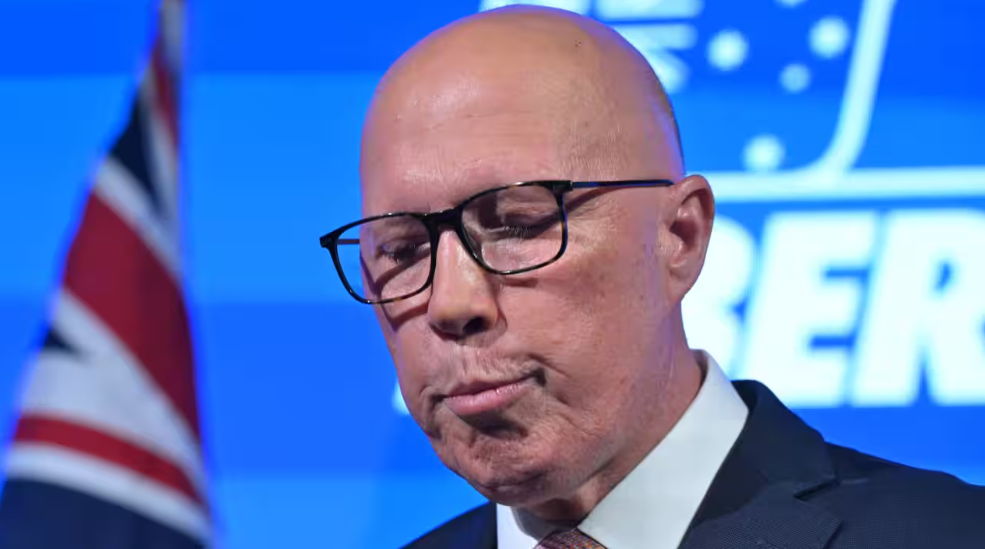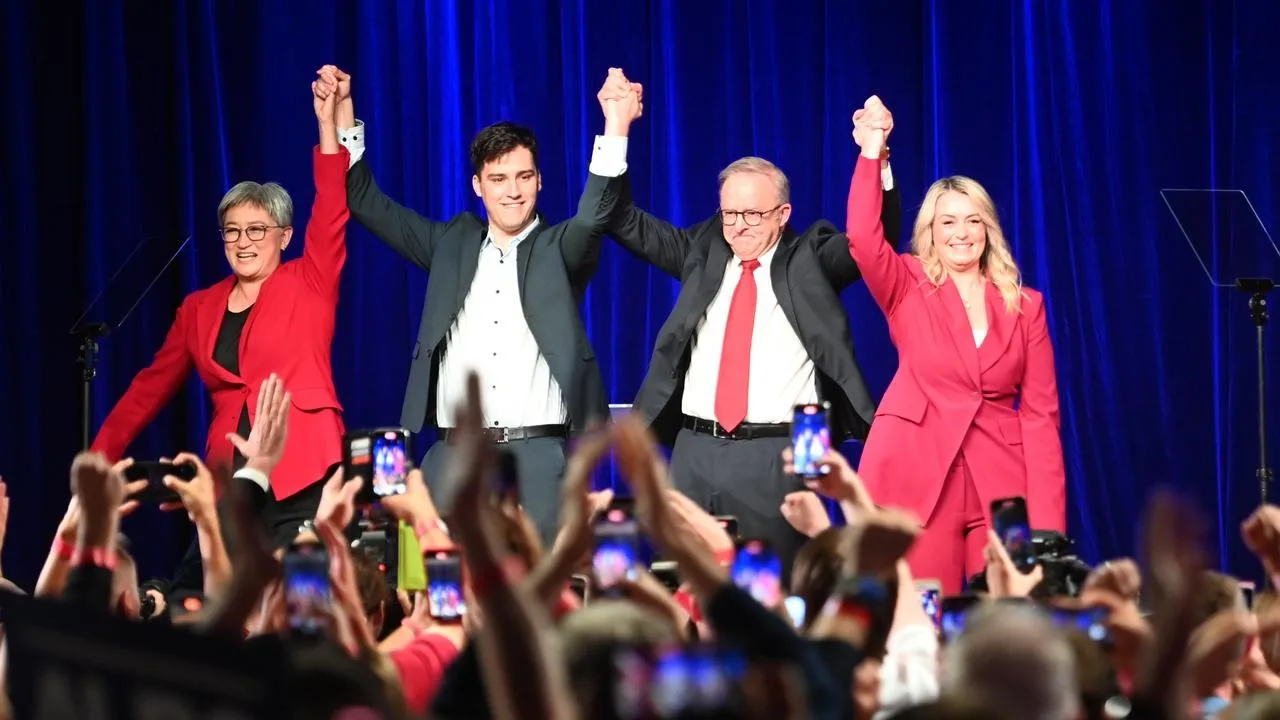Prime Minister Anthony Albanese has secured a landmark victory in the 2025 Australian federal election, becoming the first leader since John Howard in 2004 to be re-elected after serving a full term. Labor is projected to win approximately 90 seats in the House of Representatives, strengthening its previous slim majority and solidifying a strong mandate for its second term.
In a night that reshaped Australia’s political landscape, Opposition Leader Peter Dutton lost his Queensland seat of Dickson to Labor’s Ali France. It is the first time in more than a century that a sitting opposition leader has been unseated in their own electorate during a federal election.

Labor’s campaign focused on cost-of-living relief, housing affordability, and healthcare—messages that resonated with voters nationwide. Significant swings in key electorates, particularly in Queensland and inner metropolitan areas, pushed the party well over the majority threshold of 76 seats.
In his victory speech, Albanese struck a unifying tone and recommitted to delivering for all Australians: “This is a time of profound opportunity for our nation… We have everything we need to seize this moment and make it our own, but we must do it together.”
The Liberal-National Coalition saw a sharp drop in its primary vote, reaching a historic low of around 31 percent. With key marginal seats swinging toward Labor and several independent and Greens candidates performing well, the Coalition now faces internal questions about its leadership and future direction.
Following his loss, Peter Dutton offered a brief concession speech, stating: “I accept full responsibility for the result tonight.” His defeat in Dickson is expected to trigger a leadership contest within the Liberal Party.
As Albanese embarks on a second term, his government will be under pressure to deliver on promises of economic stability, improved public services, and climate action. The resounding win offers Labor the political capital to move forward with key legislative reforms.
